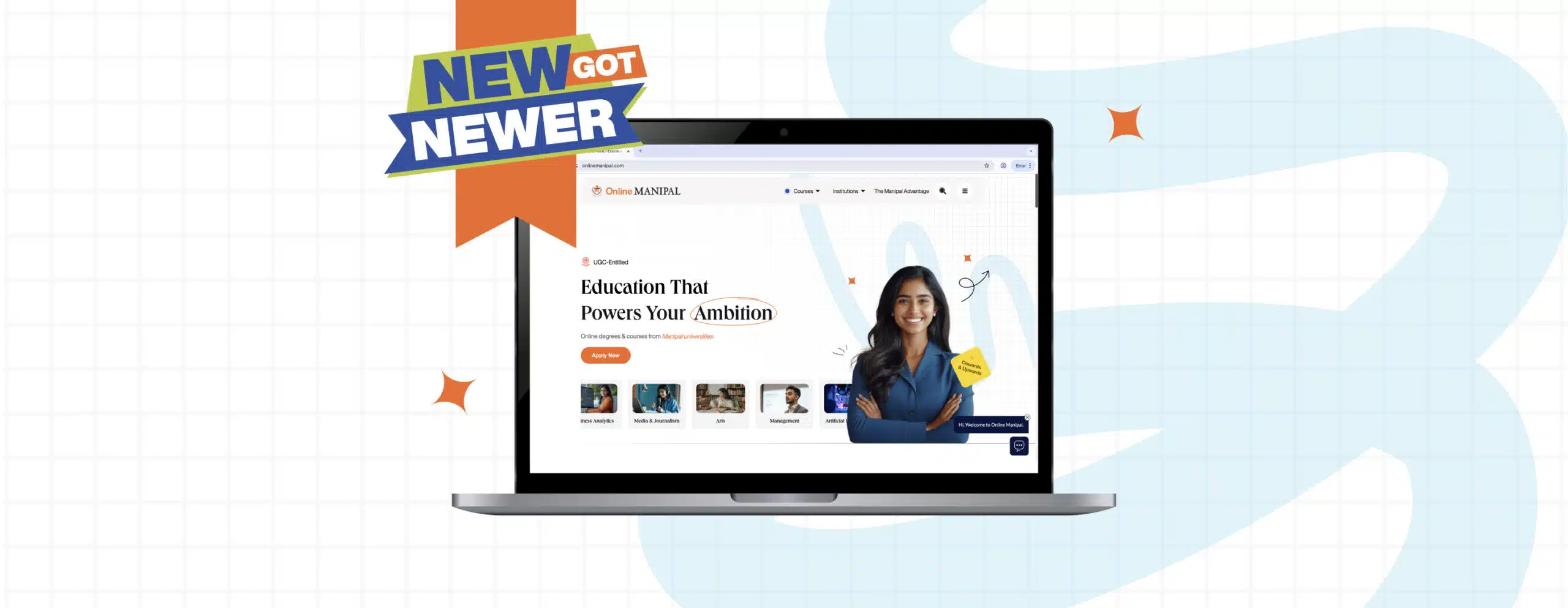Listen to this blog
According to the Gartner report, “quiet hiring” is a new hiring strategy that is dominating the workplace in 2023. This term is a huge rage in the workplace at the moment and is proving to be a beneficial strategy for employers and employees in the long run. This hiring strategy is being used by companies to address the skill gaps within their workforce without a new full-time hire. So, how are businesses doing it? The concept of “quiet hiring” is pretty simple: businesses usually utilize internal and external resources to fill the skill gaps without hiring a new full-time employee. Let us find out more about it.
What is quiet hiring?
Quiet hiring, as defined by Gartner, is a hiring technique where a company addresses the skill gaps within its human resources without recruiting a new full-time employee. Quiet hiring can be categorized into two types – internal and external quiet hiring. In internal quiet hiring, capable employees are assigned certain new roles and responsibilities to help them advance in their careers and move to higher positions. The extra responsibilities usually come with bonuses, promotions, and other benefits.
In external quiet hiring, companies usually hire contractual employees and freelancers to fill the skill gaps with in-demand skills and responsibilities. This opens up various opportunities for individuals who prefer a flexible working environment and do not want to take up a full-time role.
Why is quiet hiring creating a buzz?
Quiet hiring assists organizations in implementing a skill-based strategy that focuses on talent mobility, skill visibility, and improving the overall employee experience. It offers a great opportunity for capable employees to advance their careers and move to higher roles while upskilling themselves. Quiet hiring is also expanding the job market for in-demand professionals, thereby increasing employment opportunities for professionals who prefer flexible working conditions. Thus, more people are now considering freelancing and independent contracting as full-time professions.
Why is quiet hiring a win-win for employees & employers?
Quiet hiring benefits the company in more ways than one. Independent contractors and freelancers not only accomplish short-term objectives but also improve the workplace environment for the company. They make the workflow more adaptable and flexible. Quiet hiring allows companies to maintain the necessary skills needed to prevent business disruption in their organization while being cost-effective. But organizations should provide incentives like higher pay, one-time bonuses, more personal time off, flexible scheduling, and favorable working conditions to reap the advantages of quiet hiring without running the risk of turnover.
Quiet hiring not only benefits organizations but can also benefit employees in various ways. Employees can take on challenging tasks, develop their present talents, pick up new ones, and advance their careers. As a result, they become more valuable to their current employer and marketable to others. Thus, employees can benefit from “quiet hiring” and develop their skill sets to advance in their careers and receive a major salary hike.
The need to upskill amid quiet hiring
Upskilling is becoming increasingly crucial for professionals in the present job market to be competitive and valuable to future employers. Professionals planning to upskill through online degrees and certification courses may have several advantages to help them grow their careers and stay competitive in the job market.
Opportunity to learn new skills: Upskilling opens up the opportunity for professionals to learn new skills and broaden their knowledge and skill sets. This helps professionals to stay relevant in the current job market. You can upskill by taking up online courses or earning certifications in your sector that will help you develop new skill sets.
Read more on the fastest growing digital skills
Keep up with industry or market trends: Upskilling is important because employers want to hire people who stay updated in their sector. With online learning, you may select an adaptable learning curriculum that lets you manage your work while you study. You can explore other jobs and take on new responsibilities when you upskill yourself and stay updated with industry or market trends.
Strengthen your resume: Upskilling yourself will help you to strengthen your resume with new added skills and experience, which will benefit you in the long run. When the time comes to hunt for a new job in the future, you’ll be able to stand out in interviews by mentioning your promotion, your unique abilities, the new skills and knowledge, or the projects you have managed.
Read more on how to build an effective resume
Get a salary hike or promotion: Upskilling will help working professionals advance their careers and get a considerable salary hike and can even open up the scope for promotion in their current organization.
Conclusion
Quiet hiring is necessary since challenging economic conditions and a rise in turnover rate significantly impact businesses. This strategy is a great way for current employees to get promoted to higher positions and is opening up various employment opportunities for contractual workers and freelancers. Thus, upskilling is currently essential for working professionals amidst the new hiring trend of “quiet hiring” to stay relevant in the job market.
Read more: What do recruiters across domains and industries look for in candidates
Explore our online programs to become future-ready
View All Courses









